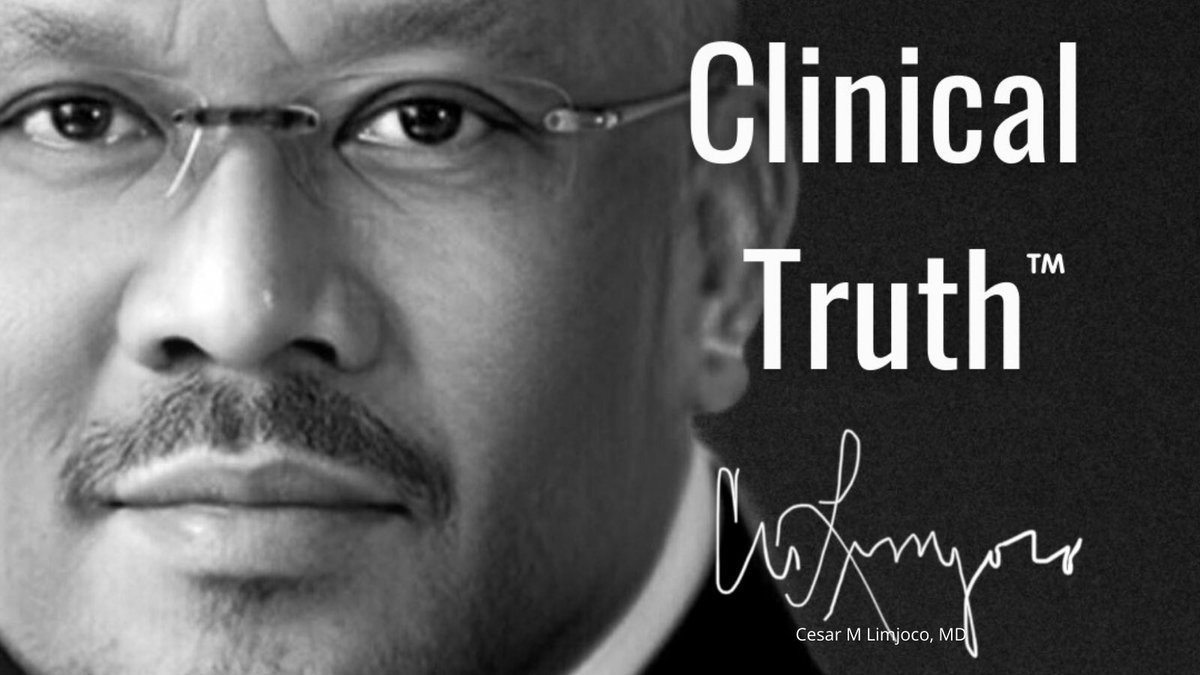Dr. Cesar Limjoco joins me on this week's episode. I've known Cesar for many years. He is a recognized expert on Clinical Documentation Improvement. During our conversation, he shares his advice about becoming a Medical Advisor for Clinical Documentation Improvement (CDI).
Cesar is a nationally recognized consultant. He has helped set up CDI programs at hospitals across the country. He’s been doing this work for over 30 years. I remember him helping explain proper documentation and coding practices to my medical staff on topics like heart failure and sepsis.
He trains hospital-based CDI medical advisors, nurse documentation specialists, and coding staff. He’s a great guy, very dedicated to what he does.
Therefore, he can teach us how to shift into a career as a hospital CDI medical advisor. And this role is a stepping stone to an executive position (such as VP for Medical Affairs or CMO).
Is There a Need?
Since the adoption of DRGs (Diagnostic Related Groups), there has been a growing demand for expertise in clinical documentation and coding. The subsequent adoption of MS-DRGs and ICD-10 has increased the need for physicians with expertise in this area. As a result, there is a growing demand for CDI expertise at every U.S. hospital.
The Path to CDI Medical Advisor or Director
Here is how you can develop a career as a CDI expert.
- Get involved with documentation and coding at your hospital. Get to know medical record coders and billers. Volunteer to help them with questions about particular cases. And ask them to describe common coding issues related to documentation.
- Explore the professional organizations involved in this field (see below). Select one or two conferences to attend.
- Participate in on-site clinical documentation improvement initiatives. Many will include lectures or discussions by CDI consultants like Cesar.
- Volunteer to join the CDI committee at your hospital. They function similarly to case management, utilization review, or quality improvement committees. There you can learn to apply an interdisciplinary approach to addressing documentation issues.
- Once you have acquired some expertise, approach the administration of the hospital about becoming a part-time CDI medical advisor. In that position, you will review cases, educate physicians, and clarify issues for nurse documentation specialists and medical coders.
- Consider going full-time, if the opportunity exists.
In Closing…
There you have it. I hope you found this interview inspiring and informative.
Resources
Here is a list of resources mentioned in this episode:
- AHIMA (American Health Information Management Association)
- ACDIS (Association of Clinical Documentation Improvement Specialists)
- NAPA (National Association of Physician Advisors)
- LinkedIn Group: National Association of Physician Advisors
Previous Episodes
If you missed the previous podcast episodes check them out at…
- Getting Acquainted – 001 or listen at iTunes or Stitcher
- Proper Way to Pivot – 002
- Seeking an MBA _ Interview with Atish Jaiswal – 003
- Follow Six Essential Rules to Engage a Mentor – 004
Come Back Next Week
Thanks so much for joining me. I really appreciate your time. I’ll be with you again soon – right here at Physician NonClinical Careers.
If you liked today’s episode please tell your friends about it and SHARE it on Facebook, Twitter and LinkedIn.
Right-click here and “Save As” to download this podcast episode to your computer.








Leave A Comment
You must be logged in to post a comment.